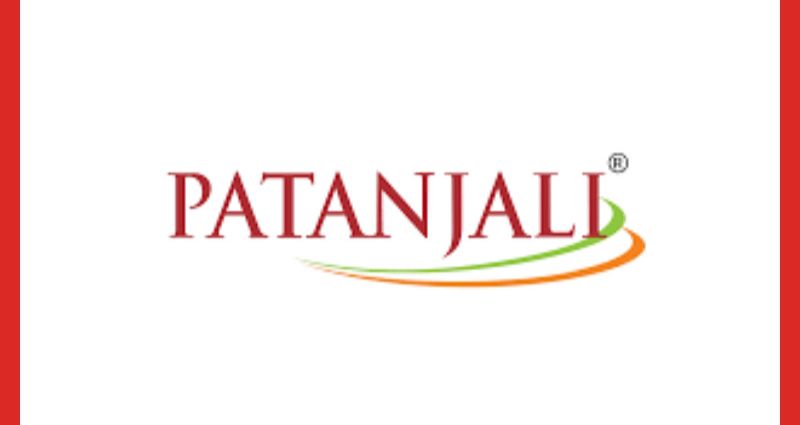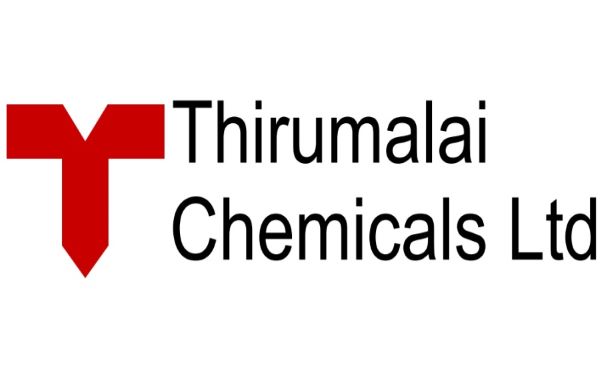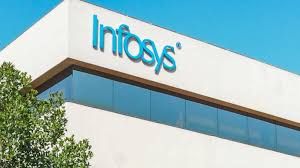 Image Source: Adgully
Image Source: Adgully
Patanjali Foods Ltd has reported its financial results for the quarter ended June 2025, showcasing a resilient performance amid sectoral headwinds. The company posted consolidated revenue from operations of ₹89 billion and a net profit of ₹1.8 billion, reflecting its continued focus on margin stability, product diversification, and operational efficiency.
Key Highlights from Q1 FY2025
Consolidated revenue from operations stood at ₹89 billion, marking a modest year-on-year growth.
Net profit for the quarter reached ₹1.8 billion, up from ₹1.3 billion in the previous quarter.
EBITDA for the quarter was ₹4.35 billion, with margins improving to 6.07% from 5.08% sequentially.
The food and FMCG segment contributed ₹19.53 billion, accounting for 26.77% of total revenue.
Edible oil sales came in at ₹53.3 billion, with branded oils comprising nearly 80% of the segment.
This performance underscores Patanjali’s ability to navigate pricing volatility and seasonal demand fluctuations, particularly in its core edible oil business.
Segment-Wise Performance Breakdown
Edible Oils
Volume: 5.74 lakh metric tonnes
Revenue: ₹53.3 billion
EBITDA: ₹2.31 billion, reversing last year’s loss of ₹996 million
Branded oils made up 79.54% of total edible oil sales
Heatwave conditions slightly impacted demand, but price stability and risk mitigation strategies helped preserve margins
Food and FMCG
Revenue: ₹19.53 billion
EBITDA: ₹1.84 billion, down from ₹3.61 billion YoY due to input cost pressures
Biscuit division saw 9% YoY growth, with the ‘Doodh’ brand posting ₹2.65 billion in quarterly sales
E-commerce and quick commerce channels contributed to volume expansion
These figures reflect Patanjali’s strategic pivot toward branded and value-added products, supported by digital distribution.
Operational Efficiency and Cost Management
Total operating expenses were ₹67.67 billion, down 12% YoY due to better inventory control and procurement discipline.
Raw material costs declined to ₹42.9 billion, aided by stable edible oil prices.
Employee expenses rose marginally to ₹1.17 billion, reflecting expansion in retail and logistics operations.
Interest costs were contained at ₹189 million, while depreciation stood at ₹570 million.
The company’s ability to manage costs while scaling its branded portfolio has helped protect profitability in a competitive FMCG landscape.
Strategic Developments and Future Outlook
Patanjali Foods continues to integrate its biscuit and dairy verticals with broader FMCG operations.
The acquisition of Patanjali Ayurveda’s home and personal care business for ₹11 billion is expected to close in Q3 FY2025.
The company is investing in automation and supply chain digitization to improve delivery speed and reduce overheads.
Management remains focused on expanding rural penetration and launching new SKUs in the health foods category.
With a strong brand recall and diversified product mix, Patanjali Foods is well-positioned to capture incremental demand across urban and semi-urban markets.
Market Reaction and Investor Sentiment
Patanjali Foods stock closed 0.66% lower at ₹1,590 on NSE following the results, reflecting profit-booking after recent gains.
Analysts expect margin expansion and product innovation to drive earnings growth in the coming quarters.
The company’s consistent dividend policy and improving return ratios continue to attract long-term investors.
Sources: Economic Times, Trendlyne
Advertisement
Advertisement





